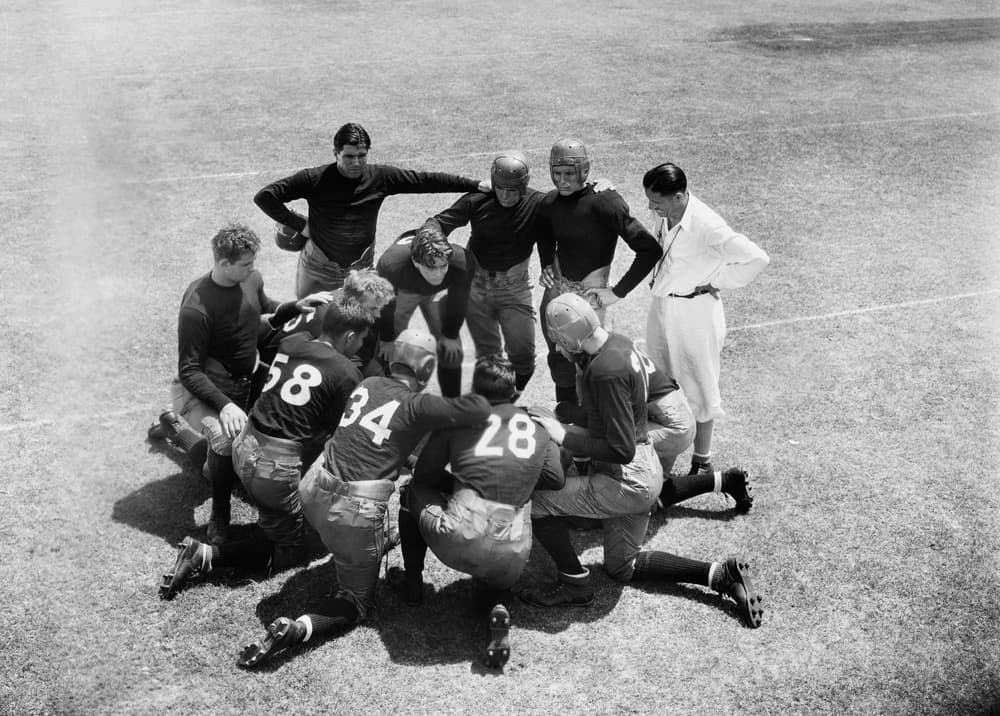Over the years I have fielded several complaints from employers about their work comp adjuster or carrier in general. I think at one point or another we have all heard of the same complaints about how a work comp program is run from the carrier side.
What I always find amusing is the fact that these employers just sit back and take it. The reasoning behind this is usually that the employers accept that this is the way they think work comp is supposed to be. They always hear the same pitch from each carrier: Said carrier is different, they are aggressive, they are more hands-on, etc. But in the end, the employer arrives at the same dissatisfaction, and they jump from carrier to carrier and arrive at the same issue time and time again.
But this is not the way it has to be. The agent/broker is supposed to be fielding these issues for the employer, but maybe that does not happen. I have compiled the most common complaints below. Remember, if you are dissatisfied with your results, you have the power to correct this issue. If you complain, and nothing changes, you must continue your search to find the right fit for your work comp program.
Click Link to Access Free PDF Download
“How Do I Get My Adjusters To Follow My Account Handling Instructions?”
1. The adjuster does not act fast enough.
The main complaint here is that if/when an MRI is ordered, there is no reason it should take 2-3 weeks to complete the testing, start the therapy, see a physician, and so on. I imagine the reason this takes so long is because the adjuster has 200 files to work, and you are low priority on the list.
2. The adjuster does not communicate quickly enough, if ever.
Again same result as above. The reality is that the adjuster does not have the time to properly work the file.
3. The adjuster does not see the red flags about compensability.
See above again. Chances are the adjuster takes the easy way out, because they did not properly investigate the claim properly.
4. I talk to a different adjuster every time I have an issue.
Unless you are a large account, it is unlikely you will have a dedicated adjuster assigned to your account. This means you have to chase down who your adjuster is, understand their style of handling claims, and take the results as they are. This should not be accepted.
5. Billing issues never get resolved.
This is due to a breakdown in communication between the adjuster and their bill payer vendor. The backload in billing is because the adjuster is not approving payment of their bills timely, and this leads to rebilling issues and credit report problems for the claimant. One of the most important things an adjuster will hear is that they have to work their mail every day. Failure to complete this task will lead to mail and bills piling up for weeks at a time.
6. The adjuster is not aggressive enough.
This comes again from the adjuster not working on the file. If a claim is questionable, the adjuster should know that right away from their investigation. Sadly, most adjusters will take the easy way out. A typical excuse is “The medical report says the injury is work-related, so it must be work-related.” We all know that the medical aspect of the claim is only one facet of the claim investigation. Is what the claimant told the doctor correct? Did the mechanism of injury remain consistent? Did all of the facts line up with the way the employer reported the injury?
7. I am not updated on claims activity.
This is due to adjuster workload again. Periodic claim reviews will help to alleviate this problem. But if you demand to be kept up to speed on your most active claims, chances are the adjuster assigned to your account just does not have the time to complete this task. Ways around this are to ask for weekly updates, but I imagine what you will get will be very concise, and probably not what you are looking for.
8. My claim concerns are not being addressed.
No matter what your issue with a claim, your adjuster should be listening to your take on where the claim is and what should be happening going forward. If this is not happening, that is a major issue. I would think this is also due to adjuster workload, but that should not be an excuse.
9. We had light duty available but the adjuster did not work to get light duty restrictions.
This is a very costly error for the adjuster. If a worker is labeled to be off work, that should mean total bed rest, usually post-operative. Outside of that, if a worker can work sedentary jobs and the employer has this option open, the adjuster has to do the legwork to get take care this. This puts the employee back to work, lessens wage loss, and contributes to overall decreased claim expenses.
10. I do not like a lot of the vendors being used, but the adjuster told me that I do not have the choice to pick.
This is true and not true, depending on your program. In a guaranteed cost program, there is almost never a choice of services, and in a self-insured and self-administered arrangement, you will have full autonomy in who you select. As the size of your deductible increases to $100,000, $250,000, or $500,000, so does your ability to negotiate and choose your vendors.
These are 10 examples of common issues I hear between the employer and their carrier or adjuster. I think the employer has the wrong view with comp programs in general—this is not how it has to be as there are a lot of options. These issues need to be addressed by the broker. If your broker is not presenting you with options to correct your issues then maybe it is time to find a new broker.
Author Michael Stack, Principal of Amaxx Risk Solutions, Inc. He is an expert in employer communication systems and helps employers reduce their workers comp costs by 20% to 50%. He resides in the Boston area and works as a Qualified Loss Management Program provider working with high experience modification factor companies in the Massachusetts State Risk Pool. As the senior editor of Amaxx’s publishing division, Michael is on the cutting edge of innovation and thought leadership in workers compensation cost containment. http://reduceyourworkerscomp.com/about/. Contact: mstack@reduceyourworkerscomp.com.
©2015 Amaxx Risk Solutions, Inc. All rights reserved under International Copyright Law.
SALES TO PAY FOR ACCIDENTS CALCULATOR: http://reduceyourworkerscomp.com/sales-to-pay-for-accidents-calculator/
MODIFIED DUTY CALCULATOR: http://reduceyourworkerscomp.com/transitional-duty-cost-calculators/
WC GROUP: http://www.linkedin.com/groups?homeNewMember=&gid=1922050/
SUBSCRIBE: Workers Comp Resource Center Newsletter
Do not use this information without independent verification. All state laws vary. You should consult with your insurance broker, attorney, or qualified professional.



























My doctor ordered an MRI the first visit; was denied, claim denied, adjuster doesn’t feel doctor acceptable (real doctor?) and right now unpaid loss wage is over $10,000.00 and still no MRI or any medical. Have full restriction from working until this matter is settled. Adjuster has Not given me any insurance acceptable doctor appointment to counter my release from work. Have done interrogatories and the deposition is in 3 more months of wage loss; hard to get both attorneys with same days available. Should of stuck with the State plan instead of the opt out Obama plan?
There is no continuity with your prescribed medications from your pain management doctors. The case worker who is in charge of approvals of medications do not care for you as far as making sure the medications continue without interruptions. It’s shameful and a crime they control of your life in that way.